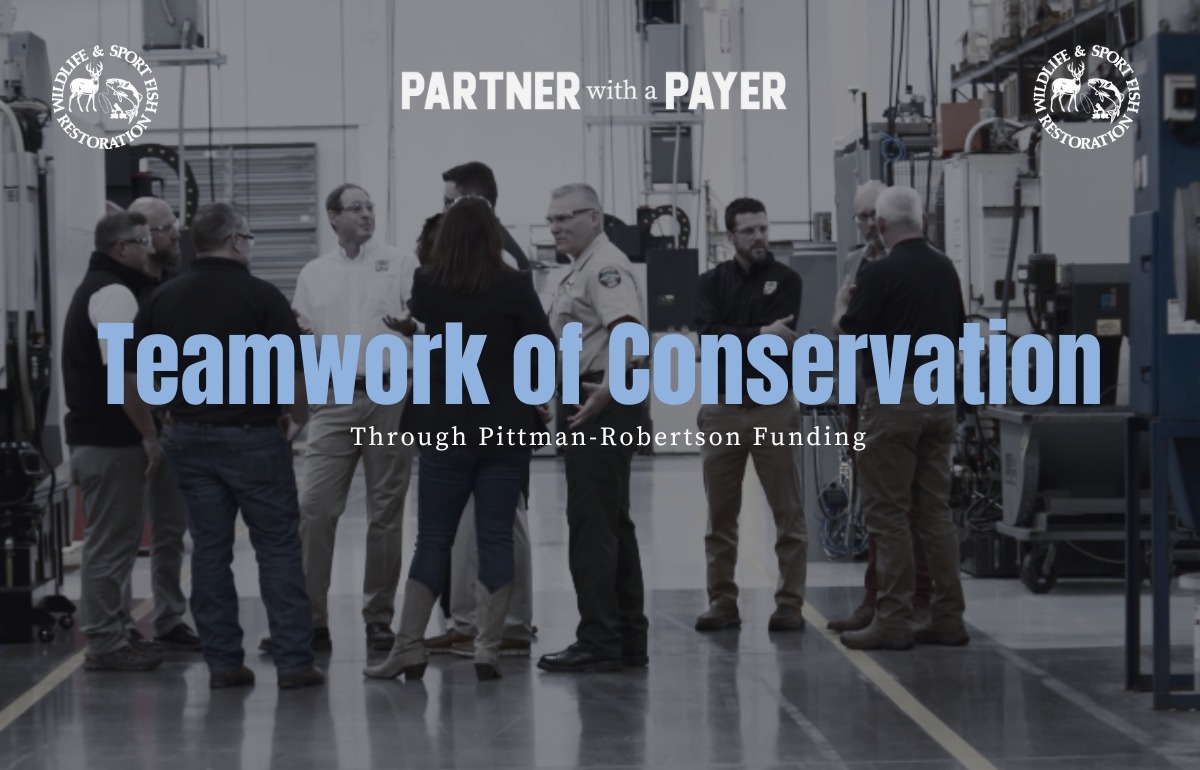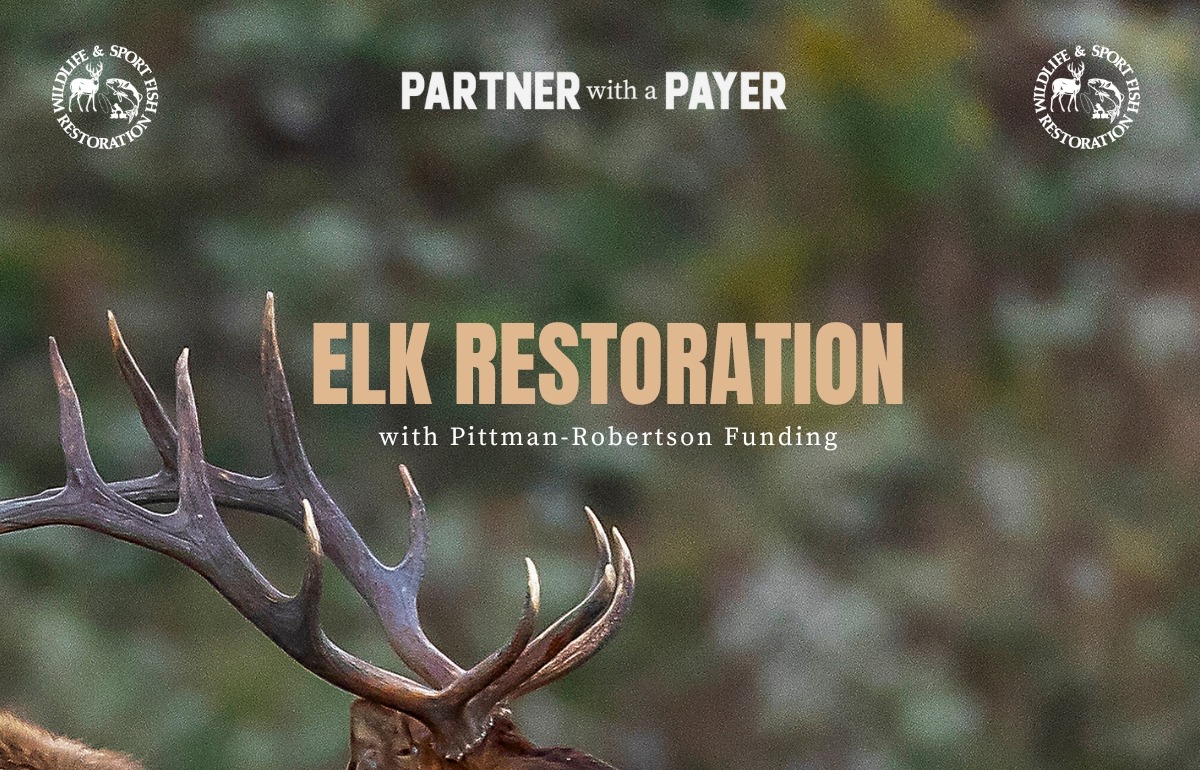 Back to News
Back to News
October 6, 2023
Leave It to California To Agree With Non-Human Rights Project’s Crusade
The Nonhuman Rights Project (NhRP) finally got their way. A local city council voted 4-1 to adopt a resolution to declare that elephants aren’t just animals and instead deserve “the legal rights of a nonhuman animal.”
This has been a long-term effort by NhRP, one during which they’ve been smacked down by courts several times. They’ve been on the receiving end of irritated and annoyed judges who were forced to listen to their arguments.
“Habeas corpus is a procedural vehicle intended to secure the liberty rights of human beings who are unlawfully restrained, not nonhuman animals,” New York Court of Appeals Chief Judge Janet DiFiore wrote in 2022.
Judge Jenny Rivera piled on at that time too, asking about Happy the elephant that is cared for at the Bronx Zoo. “If Happy is a person, does that mean that I couldn’t keep a dog? I mean, dogs can memorize words.”
While they’ve lost their multiple arguments in courts thus far, NhRP finally got a small victory. Unsurprisingly it happened in California.
Making History
The Ojai City Council, in California, became the first city in America to recognize the legal rights of a nonhuman. The council passed by a 4-1 vote a resolution adopting the ordinance, titled “Right to Bodily Liberty for Elephants.”
As media reported, the ordinance “protects elephants’ rights to liberty” and prevents any person from “stopping elephants from exercising their right to liberty.” The measure was introduced last year by City Councilwoman Leslie Rule who worked closely with NhRP.
“It isn’t a joke,” Rule stated. “Let’s encourage society to evolve its basic understanding of its relationship to all nonhuman entities.”
NhRP, which pushes the “personhood rights” campaigns, celebrated the vote, too.
“For elephants and the nonhuman animal rights movement, we are proud to support this first-of-its-kind ordinance and we commend the Ojai City Council for standing up for what is necessary and just,” said NhRP Director of Government Relations and Campaigns Courtney Fern.
Those comments are not parody. The judges’ earlier skepticism was repeated by some watching these most recent developments. Justin Barker, a political analyst who focuses on animal and wildlife-related laws, is familiar with NhRP and their numerous previous attempts to garner nonhuman animal rights, including the court cases related to Happy the Elephant.
Barker made the obvious observation.
“You know that the law you are trying to push isn’t good when you repeatedly have to say ‘This isn’t a joke’ to the press,” he said. “I mean, you have plenty of California residents facing personal liberty violations, those should have been dealt with first.”
There’s No Zoo Here
The ordinance in Ojai is a solution in search of a problem. NhRP simply shopped around enough to find a place they believed they could push through their elephants’ rights propaganda. Detractors noted that the ordinance does little and is more of a publicity stunt. In Ojai, the measure that passed the city council states that elephants in Ojai “cannot be held captive unless the space is comparable to an accredited sanctuary.” Since it is illegal in California for a private citizen to bring home an elephant as the family pet anyways, the only place that could be zoned and receive the proper permits would be a zoo or accredited sanctuary. The nearest zoo to Ojai is the San Diego Zoo and the San Diego Wild Animal Park in nearby Escondido.
But that’s exactly the type of place NhRP has attacked (and lost, several times) in the past in their schemes. In New York, NhRP sued the Bronx Zoo. Happy the Elephant came to the Bronx Zoo in 1977. She’s now a 52-year-old elephant in the care of zookeepers, well-fed, bathed and watched over. Happy even has a social life with visitors and other elephants. NhRP lost all those challenges.
They then tried again halfway across the country in Colorado. The group filed a new lawsuit in the El Paso County District Court in Colorado against the Cheyenne Mountain Zoo, claiming five elephants under the care of that zoo, “suffer chronic stress and health problems because of their captivity and environment.”
Officials at the Cheyenne Mountain Zoo fought back, stating, “The group filing the lawsuit is known for wasting credible organizations’ time and money. We exist to advance animal welfare and conservation. Our elephant care team knows the needs of our elephants and tailors specific care and exercise programs and tends to each elephant based on their preferences.”
Now, NhRP used the Ojai City Council to pass an ordinance with carveouts for the same locations they’ve attacked and sued in the past. Justin Barker commented on the absurdity of the situation, suggesting it could lead to something weird.
“The Ojai law is kind of crazy and is only inviting someone to bring an elephant there and to directly challenge it,” he said.
Broader Picture
The Ojai City Council decision could lead to future litigation as it did in New York and more recently in Colorado. Hunters and conservation advocates should keep a watchful eye on any consequences. If a court in California decides an elephant or any other animal at a zoo did indeed possess personhood rights, the floodgate would open for future lawsuits against other zoos and animal sanctuaries. The anti-hunting and animal rights activism wouldn’t stop there. Activist groups could sue dairy cow or meat processing operations, pig farms or chicken or pheasant preserves.
NhRP’s goal has never been about freeing elephants from zoos or granting rights to nonhuman animals. It has always been about forcing a radical anti-hunting agenda by judicial precedent that would disenfranchise hunters – the original conservationists.
You may also be interested in:
Extremist Group Still Arguing for Animal ‘Personhood’ Rights
Nonhuman Rights Project Just Can’t Take a Strongly-Worded Legal Hint
Categories: BP Item, Featured, Government Relations, Top Stories









